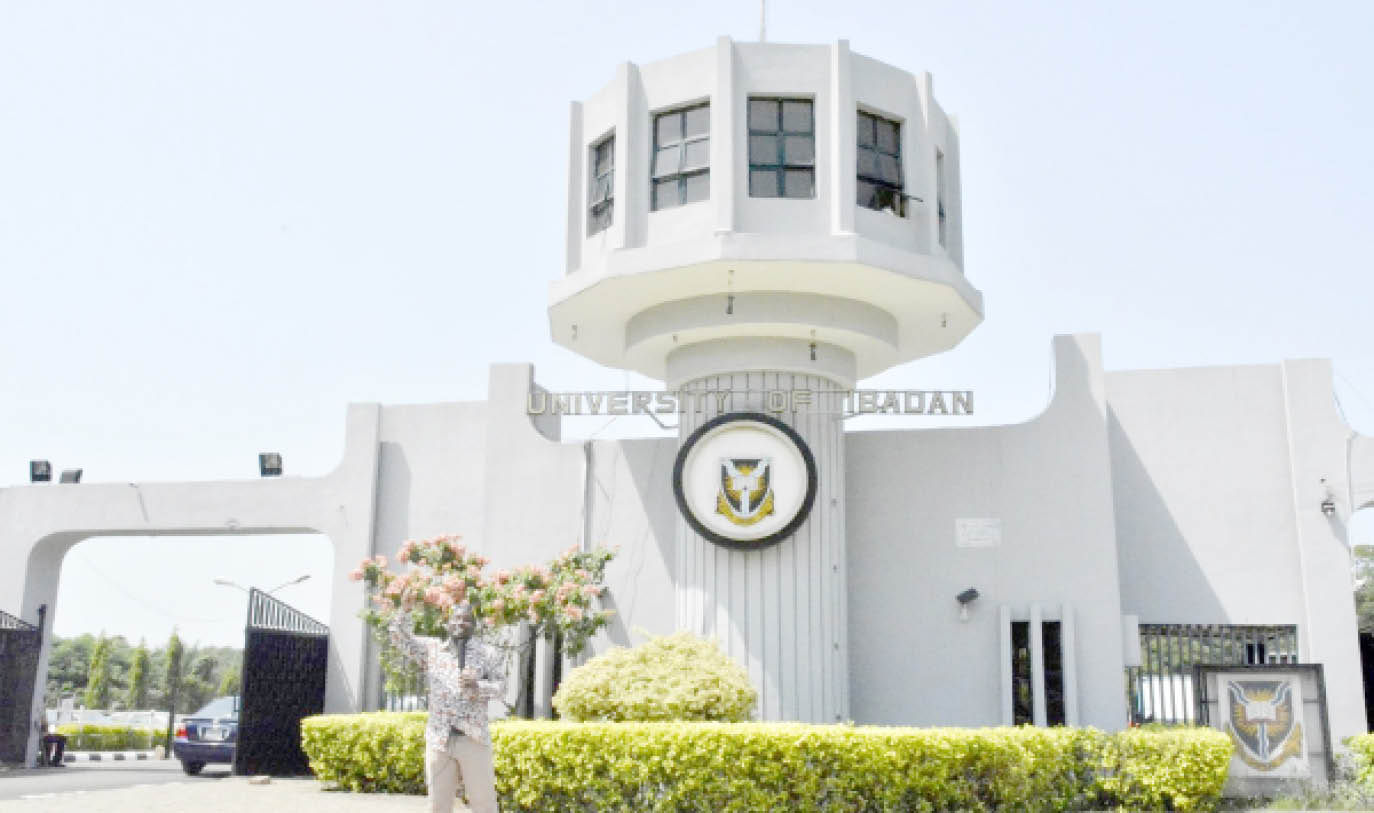US varsity, UI begin research on preservation of fish, tomato
Academics from the Michigan State University, United States of America, the University of Ibadan (UI), the Oyo State Government and the Nigerian Association of Small and Medium Enterprises, have commenced research on modern ways of preserving perishable foods, especially fish, vegetable and other consumables. The project, which was aimed at providing food for Nigerians, […]

University of Ibadan, Oyo State
Academics from the Michigan State University, United States of America, the University of Ibadan (UI), the Oyo State Government and the Nigerian Association of Small and Medium Enterprises, have commenced research on modern ways of preserving perishable foods, especially fish, vegetable and other consumables.
The project, which was aimed at providing food for Nigerians, is sponsored by the Bill and Melinda Gate Foundation.
Speaking at the launch of the project in the University of Ibadan International Conference Centre on Friday, a professor of agriculture, food and research from Michigan State University, Prof Dave Tschirley, said the project would involve all the stakeholders in the food value chain sector.
He said, “Doing this research with stakeholders will help them to invest in research, proposal and solution that will actually change and improve the MSMEs and the environment to save nutritious foods for Nigerian consumers.”
Speaking on the choice of Nigeria for the project, he noted that the country, with over 200 million population and the largest economy in the continent, was the most suitable, considering many people living in poverty and lack of food nutrition.
“The Nigerian food system is changing rapidly, and with the changes, there should be a new solution, new investment and new ways of approaching things to supply affordable, safe and nutritious foods for Nigerians,” he added.
On her part, the project coordinator, Dr Saweda Liverpool-Tasie, said it would take five years, adding that the team has been meeting with stakeholders in Nigeria.
“We have established our national advisory committee and chosen our candidate as a research team. We have constituted our research team for the few years of the project. We have been having meetings with stakeholders to understand the context we are in Nigeria, which will guide us for the three steps of the research.
“Tomatoes and vegetables are extremely important in Nigeria, in terms of source of foods in the Nigerian diet. Looking at the people’s consumption pattern, vegetables are perishable and have a high risk of loss.
“From the national representative data collected by the NBS and the World Bank, over 70 per cent of Nigerians consume fish or fish products, but their consumption is low compared to global standard, and it is low in North compared to the South.
“Fish is an important source of nutrient and more affordable animal protein compared to chicken and others, so we want food that will be affordable for Nigerians.”
In his welcome address, the chairman of the Council of the Nigerian Association of Small and Medium Enterprises (NASME), Dr Abdulrashid Yerima, lauded the initiative, saying it comes where there is global attention on food security and the need to avert imminent food crisis; hence the need to support MSMEs along with the value chain in ensuring sustainable process for achieving food security in Nigeria.
